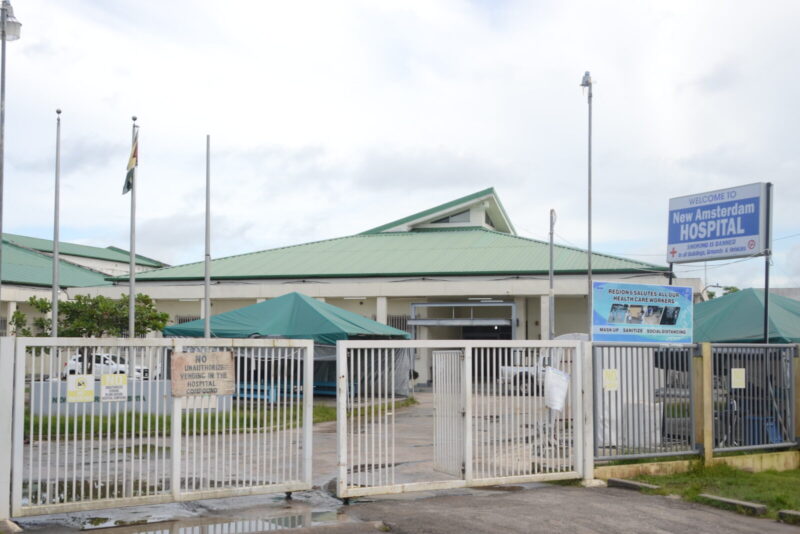The case of discrimination brought by opposition Parliamentarian Cathy Hughes on the grounds she was called a low-life by Vice President Dr Bharrat Jagdeo, was wholly misconceived and without merit, Chief Justice (ag) Roxane George SC, recently ruled.
Mrs Hughes was represented by her husband Nigel Hughes, who now heads the AFC party she represents as part of the APNU/AFC Coalition on the opposition benches in Parliament.
The case collapsed due to fundamental flaws both in its construction and its arguments, underscoring the failure of her attorney to sufficiently present a credible legal basis for her claims.
Mrs. Hughes sought a series of declarations, primarily challenging the State for allegedly failing to operationalise the Human Rights Commission, claiming that this omission breached her constitutional rights under Article 154A.
Furthermore, she sought a declaration that the statement made by Vice President Dr. Bharrat Jagdeo referring to her as a “low-life” was a violation of her rights to equality, as enshrined in Articles 149D (equality before the law) and 149F (equality for women). Hughes argued that these actions amounted to gender and racial discrimination against her as a female African member of the National Assembly.
However, Attorney General Mohabir Anil Nandlall SC robustly defended the case, countering that Hughes failed to demonstrate discrimination under any of the constitutional provisions she relied upon.
He argued that Article 154A of the Constitution, which provides access to certain international treaties, could not be invoked because it expressly excludes fundamental rights protected under the Constitution.
The Attorney General further argued that Hughes was improperly attempting to use Article 154A to gain further protections that were already covered by the Constitution’s fundamental rights regime. Moreover, the Attorney General emphasised that the Vice President’s remark was directed solely at Hughes, not in a discriminatory context based on race or gender. Hughes failed to provide any comparator—a necessary element to substantiate claims of discrimination—thus rendering the claim baseless.
The Chief Justice, in her ruling, fully sided with the Attorney General’s arguments. She determined that Hughes had not provided sufficient evidence to substantiate her claims of discrimination. The Court also concluded that the Vice President’s statement, without further context or evidence, did not amount to a breach of any fundamental rights under the Constitution. Furthermore, the Court rejected Hughes’ argument regarding the non-establishment of the Human Rights Commission, finding that it did not constitute a constitutional violation in itself.
Adding to the defeat, the Chief Justice questioned why Hughes did not seek assistance from the Women and Gender Equality Commission, an existing constitutional body designed to address alleged violations of women’s rights. This failure to explore available legal remedies weakened Hughes’ case further.
One peculiar aspect of the case was Hughes’ decision to name both the Attorney General and the Leader of the Opposition as respondents. The Chief Justice described it as “more than passing strange” that Hughes would sue her parliamentary colleague, the Leader of the Opposition, in this matter. This move appeared legally unsound and further demonstrated the ill-conceived nature of the case.
The failure to substantiate claims of discrimination, the inappropriate reliance on Article 154A, and the curious choice of respondents all contributed to the judgment that Cathy Hughes’ case was wholly misconceived.
Mrs Hughes plans to appeal the decision of the Chief Justice.












